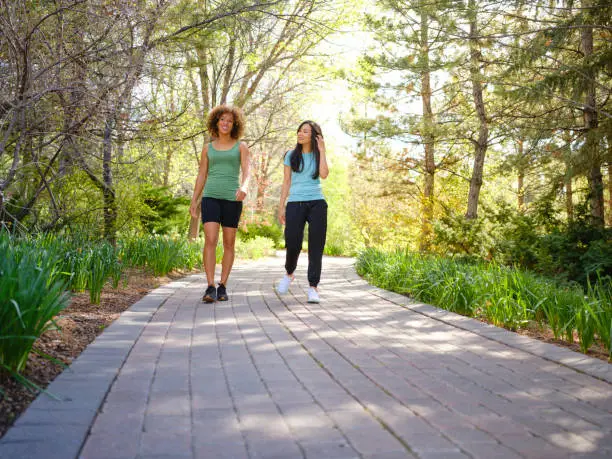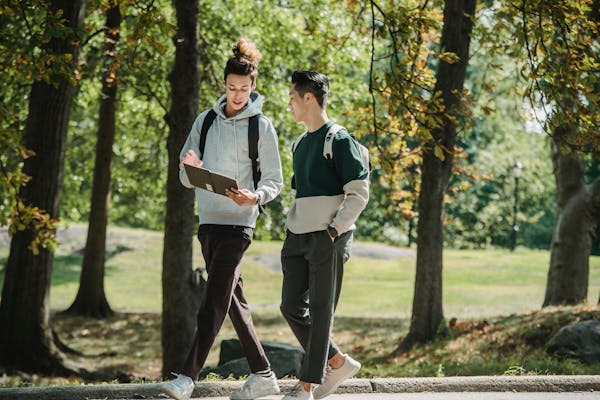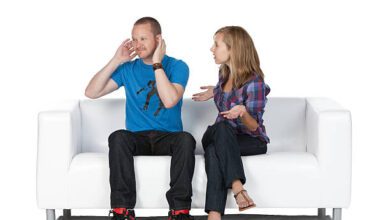How to Be a Better Friend (Without Losing Yourself)

How to Be a Better Friend (Without Losing Yourself)
Ever poured your heart into a friendship only to feel like you’re losing yourself? I’ve been there, canceling plans to fix a friend’s crisis, then wondering where my energy went. Learning how to be a better friend isn’t about sacrificing your identity—it’s about building stronger bonds while staying true to you. This 2025 guide shares seven practical steps to master supportive friend tips, nurture healthy friendship habits, and maintain friendship balance. Ready to level up your friendships with authenticity and ease? Let’s dive into how to be a better friend!
Not sure if a friendship is toxic? Explore our guide on friendship red flags.
Why Friendship Balance Is Key to Being a Better Friend
Friendships thrive on mutual care, but overgiving can leave you drained. I once spent hours consoling a friend, neglecting my deadlines, and felt resentful. Healthy friendships require friendship balance—supporting others while honoring your boundaries. Research shows balanced relationships boost mental health and longevity (Mayo Clinic). Mastering how to be a better friend means showing up authentically without losing your spark. It’s about creating bonds that lift both sides, not just one, through intentional steps to be a better friend.
1. Listen Actively Without Fixing
When a friend vents, your instinct might be to solve their problem. I used to jump in with advice, thinking I was helping, but often they just needed to feel heard. Active listening—eye contact, nodding, asking “How’s that feeling for you?”—is a top supportive friend tip. Therapists note that feeling understood builds trust, a core part of how to be a better friend (Verywell Mind). Save advice for when they ask, and focus on being present.
How to Start: Next time a friend shares, pause and reflect their emotions: “That sounds really heavy. Want to talk more?”
2. Set Healthy Boundaries
Being a great friend doesn’t mean being available 24/7. I learned this when late-night calls from a friend left me exhausted. Setting boundaries—like saying, “I can chat evenings, but mornings are for me”—protects your energy and strengthens relationships. Boundaries aren’t selfish; they’re essential for healthy friendship habits and how to be a better friend (SeffSaid). Clear limits show you value the friendship enough to show up fully.
How to Start: Pick one area where you feel stretched (e.g., time or emotional load). Say kindly, “I love our talks, but I need to keep weekends for myself.”

3. Show Up in Small, Consistent Ways
You don’t need grand gestures to be a better friend—small acts go far. I started sending quick “You got this!” texts before a friend’s big meetings, and it deepened our bond. Consistent check-ins, like a monthly coffee or a birthday note, build trust without overwhelming you. These supportive friend tips create lasting connections and show how to be a better friend. Research highlights that regular, small interactions strengthen social ties more than rare, big efforts (Psychology Today).
How to Start: Set a reminder to send one friend a kind message or meme each week to practice being a better friend.
4. Communicate Openly and Honestly
Holding back can hurt more than help. When a friend kept canceling plans, I said, “I feel let down when plans fall through—can we talk?” It was tough, but our friendship grew stronger. Open, kind communication prevents misunderstandings and builds trust, a key healthy friendship habit (Verywell Mind). Use “I feel” statements to keep it constructive, a practical way to be a better friend.
How to Start: If something’s off, try, “I’ve noticed [behavior], and I feel [emotion]. Can we sort it out?”
5. Celebrate Their Wins (Big and Small)
Cheering a friend’s success feels like magic. I once sent a goofy “You’re a rockstar!” GIF when a friend nailed a presentation, and we still laugh about it. Celebrating wins—big like a promotion or small like surviving a tough day—spreads joy. This supportive friend tip keeps friendships vibrant without draining you. Shared positivity strengthens bonds, according to research (Mayo Clinic), and it’s a fun way to be a better friend.
How to Start: Text, “You killed it at [achievement]! So proud!” or share a fun GIF to mark their moment.

Want deeper connections? Learn to improve friendship communication!
6. Accept Changes and Differences
Friendships evolve, and that’s okay. I used to push a friend to join my fitness craze, but she loved quiet hobbies. Embracing her as is made our bond stronger. Accepting differences—in values, schedules, or life phases—is crucial for friendship balance. It’s natural for friendships to shift over time, and respecting their space shows care (We Thrive Together), aligning with how to be a better friend.
How to Start: Ask, “What’s sparking joy for you lately?” and let their answer guide your connection.

7. Prioritize Self-Care to Stay True
You can’t be a better friend if you’re running on empty. I learned this when I kept supporting friends through drama but ignored my own stress. Self-care—journaling, saying no, or carving out “me time”—ensures you bring your best self to friendships. Prioritizing your well-being is a core healthy friendship habit that preserves your identity and supports how to be a better friend (SeffSaid). Strong friends thrive, not just survive.
How to Start: Schedule 30 minutes this week for something that recharges you, like a walk or binge-watching a favorite show.
Common Mistakes to Avoid When Being a Better Friend
I’ve stumbled plenty trying to be a better friend. Here’s what to dodge:
- Overgiving: Always saying yes leaves you burned out.
- Ignoring Red Flags: Don’t ignore toxic behaviors—address them.
- Suppressing Yourself: Hiding your needs to “keep peace” breeds resentment.
- Assuming Needs: Don’t guess what they want—ask openly.
Want to navigate fading bonds? Check out our guide on fading friendships.
Why Learning to Be a Better Friend Matters
Friendships are lifelines for health and happiness. Strong connections reduce stress and boost life satisfaction, with benefits rivaling exercise (Psychology Today). But losing yourself in friendships can lead to burnout or resentment. Mastering how to be a better friend through healthy friendship habits creates bonds that uplift everyone. It’s about showing up authentically, not perfectly, to truly be a better friend.
Quote to Inspire You
“True friends grow together, not by losing themselves, but by lifting each other up.” — Anonymous
This captures the essence of friendship balance and how to be a better friend!
Conclusion: Step Up Without Stepping Over Yourself
Learning how to be a better friend is a gift to your relationships and your soul. By listening actively, setting healthy boundaries, communicating openly, and prioritizing self-care, you can build stronger bonds without losing yourself. Friendships change, and that’s okay—embrace the journey with authenticity. Which supportive friend tip will you try first to be a better friend? Share in the comments! Want deeper connections? Explore deepening friendships. Here’s to friendships that feel like home!
Sources
- SeffSaid. (n.d.). How to be a good friend without losing yourself. SeffSaid. https://seffsaid.com/how-to-be-a-good-friend/.
- Psychology Today. (2022). Fortify your friendships to flourish. Happy Together Blog. https://www.psychologytoday.com/us/blog/happy-together/202205/fortify-your-friendships-flourish.
- We Thrive Together. (2024). Maintaining balance between independence and dependence in friendships. We Thrive Together. https://wethrivetogether.org/2024/06/09/maintaining-balance-between-independence-and-dependence-in-friendships/.
- Verywell Mind. (n.d.). How to be a better friend, according to therapists. Verywell Mind. https://www.verywellmind.com/how-to-be-a-better-friend-11716743.
- Mayo Clinic. (n.d.). Friendships: Enrich your life and improve your health. Mayo Clinic. https://www.mayoclinic.org/healthy-lifestyle/adult-health/in-depth/friendships/art-20044860.








